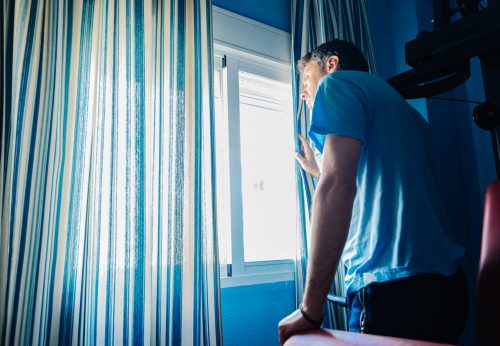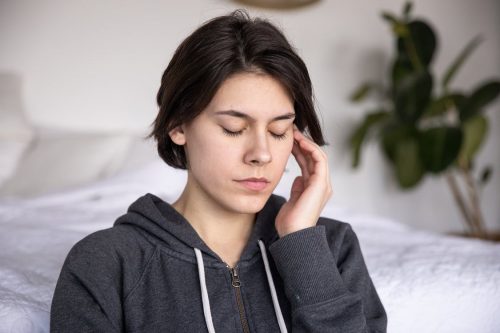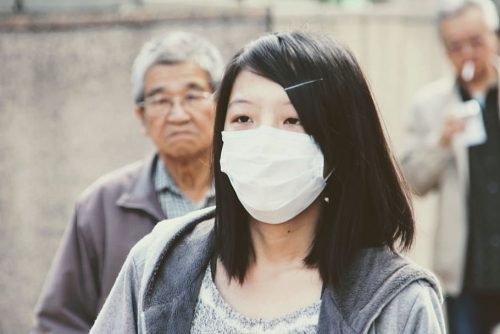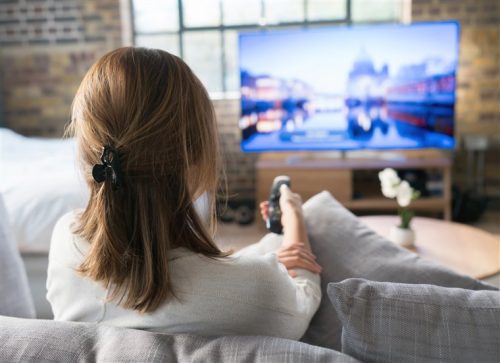I have a childhood best friend named Rain.

From the first time that I met her at the daycare center, we had always been playing with each other. She would come over to my house for playdates and vice versa.
It was a good thing that we lived in the same neighborhood with same community of people, so we managed to enter the same elementary school and even class.
People often asked, “How are you still best friends?” I could not blame them for their curiosity because Rain and I were total opposites. Whereas I could spend hours in one corner with a good book or my coloring kit, she always felt the need to get up and explore the room and touch everything in it.
Our moods were not matched, considering I rarely smiled around others, while she was quick to offer a smile to anyone. My best friend was the picture of perfect physical and mental health.
She loved physical activity and did cheerleading for extracurricular activities, while I joined the chess club (the most boring of all clubs, according to her). You’ll never see her with decreased physical activity with her energy level.
My typical reply was, “We are meant to be sisters.” After all, sisters do not always need to have common interests to like each other. Even when I was reading silently, and Rain was practicing her dance routines in the same room, we still felt close.
There was never an issue about school popularity, too, which my best friend dominated. We loved supporting each other no matter what.

When high school ended, Rain and I were lucky to get accepted at NYU. She majored in Dance while I focused on Finance. Again, those subjects were poles apart, but that’s okay.
I would always get a front-row seat during her recitals, and she often brought me coffee and donuts whenever I pulled an all-nighter to study. It should not be surprising that our parents agreed to share an apartment a couple of blocks away from the university.
The Sad Health News
Then, sad news rocked us all when a doctor diagnosed Rain with health scoliosis during an executive primary care checkup. The morning before that, she was still joking, “What if the doc finds out that I have an STD that I don’t know about?”
But when I came back after my classes in the afternoon, I saw her in a quiet living room in deep thought. Music always followed Rain wherever she went, so I thought that odd.
I should have seen the risk factors of the chronic illnesses then. I was really worried that this diagnosis of chronic disease will trigger depression and she will develop depression.
When I asked what happened, she told me about her scoliosis. Pouting, she said, “I want to dance forever. What guarantee do I have now that I can still do that?”

I had no idea how to answer my best friend, but I promised to accompany her to her next doctor’s appointment. While waiting for that, Rain made the diagnosis known to her coach, who also felt saddened.
Though Rain was slated to star in their Fall recital, the coach thought it was best for her to sit this one out and star in the Winter showcase to rehabilitate her back.
Of course, my best friend was not happy about it, but what could she do? I began to worry for her emotional health, but I promised myself I would always have her back.
Living With A Chronic Disease At 20
Her chronic illness began to take a toll on her mental and physical health. For a few weeks, I hardly saw Rain smile due to depression. She attended her classes, went to her part-time job, and even cheered me on during a decathlon competition, but I knew that her mind must be all over the place because of her mental health and chronic mental illnesses.
I was hoping she wouldn’t need assistance in treating her mental health, specifically depression if ever. That was until the doctor disclosed that her spine slightly curved like the letter S, but it was not prominent yet. Yey to early diagnosis!
She might have a long term chronic physical illness, but hope wasn’t lost. No chronic diseases can stop her. And thank goodness it wasn’t like a heart disease or other medical conditions or disease that could put a full stop to her career.
The appointment happened a day before my best friend’s 20th birthday. When the eve of her birthday came, our other friends and I surprised her with a cake and party.
Before blowing the candles, Rain uttered, “Starting tomorrow, I will dance again. Scoliosis can kiss me in the you-know-what.” It earned a roar of laughter and more cheers from us. Knowing Rain for so long, I knew that she meant every word. Bye bye to other medical diseases or physical health diseases for now!

The next morning, my best friend woke me up by blasting the speakers and hip-hopping in my bedroom. She was like, “Get up, sleepyhead! Early birds like us should be exercising by now!”
Since I was ever supportive, I joined Rain as she jogged around Central Park. The doctor gave her a go signal to dance again, too, provided that she wore a back brace to avoid straining her spine.
Luckily, Rain was hell-bent on starring in their Winter showcase, so she followed everything the doctor said to a T. She wasn’t going to let her mental health and chronic disease get in her way of quality of life.
Sometimes, Rain would complain about her aching back, which was expected because of the hours of practice she clocked in almost daily. But her regular X-rays from health care providers and therapy from specialty care services showed that her spinal curvature was not getting worse, so she was elated.

Health At Present
Rain went on to audition for various Broadway musicals and tried her luck on dance films. She eventually became a choreographer for a musical, and others started contacting her, asking if she could lend them some of her expertise.
How was my best friend’s scoliosis, you might ask? The physical symptoms are still there — I doubt it will ever go away. It’s rare for a chronic disease and mental health issues to ever fully disappear.
However, the most important thing was any chronic medical diseases are no longer in the way of Rain’s dreams. Thanks to the health care change routine.











